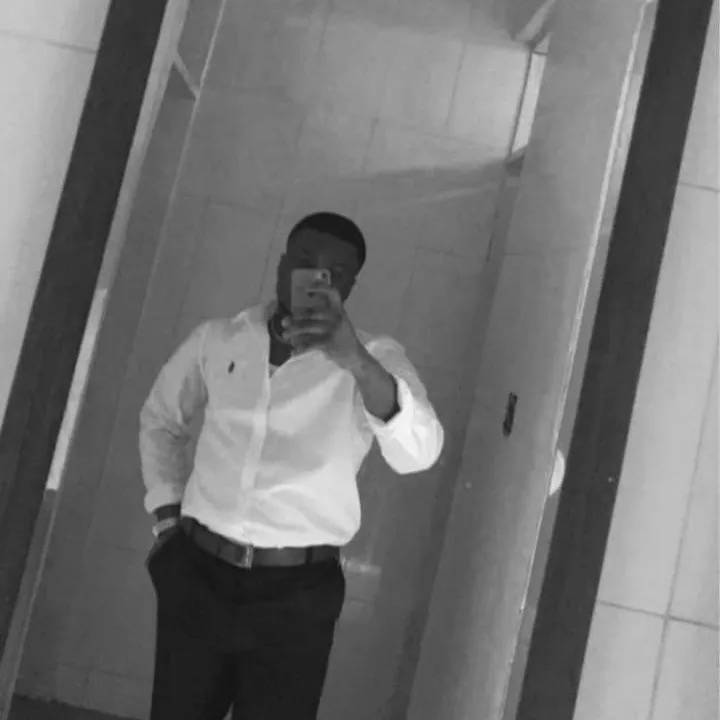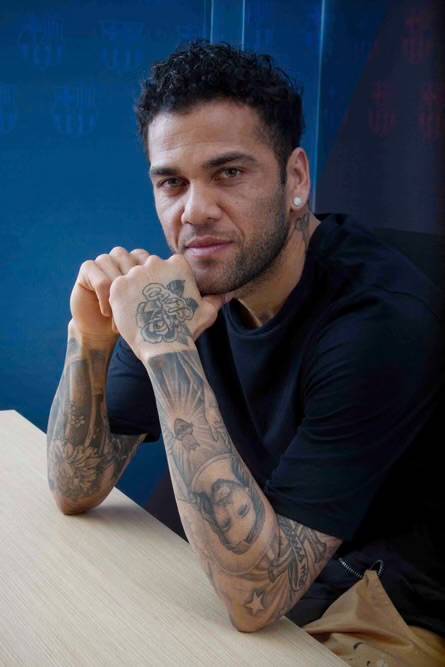The Dani Alves Legal Saga: Conviction, Appeal, and Financial Disputes
Dani Alves, the celebrated Brazilian footballer known for his time at Barcelona, PSG, and Juventus, has been embroiled in high-profile court battles in recent years. Two of the most significant are the sexual assault case in Spain and a contractual dispute with Mexican club Pumas.
⸻
Sexual Assault Case in Spain
In late December 2022, a woman accused Dani Alves of sexual assault in a VIP bathroom of a Barcelona nightclub. The case drew intense media attention. Alves was arrested in January 2023 and held in pre-trial detention.
After a three-day trial in February 2024, a Spanish court found him guilty of rape and sentenced him to four years and six months in prison, also ordering him to pay approximately €150,000 in damages. Alves denied the allegations, insisting the encounter was consensual.
However, Alves appealed the decision. On 28 March 2025, a Spanish appeals court in Catalonia unanimously overturned his conviction, citing “insufficient evidence” and inconsistencies in the accuser’s testimony, which the court said failed to match video evidence and objective facts. In doing so, the court invoked the principle of the presumption of innocence: when doubt remains, a conviction cannot stand.
The prosecuting office has since appealed the absolution to Spain’s Supreme Court, arguing that the regional court’s reasoning was flawed and amounted to a miscarriage of justice.
This legal reversal also had consequences for Alves’ personal freedoms. The appeal court removed travel bans, restraining orders, and prior obligations imposed on him during the legal process.
⸻
Contractual Dispute with Pumas (Mexico)
Parallel to the criminal case, Alves has been locked in a legal dispute with Pumas UNAM, the Mexican club with which he signed before the allegations surfaced. Pumas terminated his contract after his arrest.
Originally, FIFA’s tribunal partially accepted Pumas’ claims: they ordered Alves to pay only USD 159,677 plus interest for breach of contract. But Alves appealed to the Court of Arbitration for Sport (CAS). In September 2025, CAS reversed the FIFA ruling and ordered Alves to pay USD 2.2 million to Pumas. The decision hinged on proportionality: CAS found the penalty clause in the original contract was not proportionate to the potential damage alleged.
Thus, even as Alves was absolved in the criminal matter, he now faces significant financial liability in the sports-legal sphere.
⸻
Implications and Reflections
The Alves case exemplifies the complex intersection of criminal justice, sports contracts, and public reputation. His acquittal raises debate over evidentiary standards in sexual assault cases, highlighting how courts must balance protecting accusers and ensuring fairness for the accused. The appeal court’s decision underscores the weight given to inconsistencies in testimony and objective evidence (e.g. video).
On the contractual front, the CAS ruling against Alves demonstrates how clubs and athletes remain bound by contractual terms — even amid off-field controversies. The ruling may prompt greater scrutiny of penalty clauses, release conditions, and contractual safeguards for clubs in future deals.
Regardless of the final outcome in Spain’s Supreme Court, Dani Alves’ legal battles will likely have long-lasting effects on his legacy, financial standing, and public image.




No comments yet
Be the first to share your thoughts!